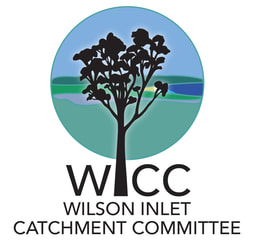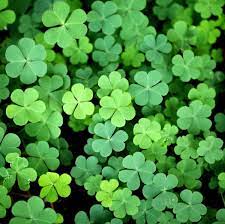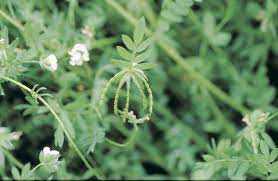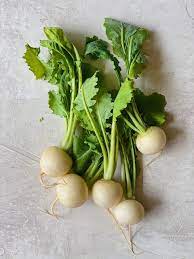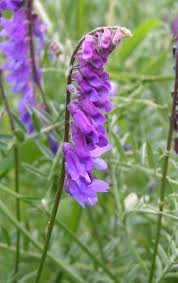Owingup Kent Grower Group – Landscape and pasture management workshop
The newly formed Owingup Kent Growers Group (OKGG) has grown to include over 30 properties, with new members joining all the time to support new farming practices, soil health, bird life, water health, and pasture management. The group is excited to announce that they will be holding regular events in the Kentdale Hall and around the catchment, where they will share ideas, showcase their progress, and recruit guest presenters and experts from across Australia.
OKGG’s most recent catchup explored how to better grow pasture in a drying climate. Ron Watkins, farm landscape planning consultant, outlined his approach considering multiple elements when planning infrastructure on farms. Next, Paul Sanford, experienced pasture researcher from the Department of Primary Industries and Regional Development (DPIRD), spoke about emerging research identifying feed gaps and pinpointing what farmers can do to ensure abundant feed year-round.
Ron explained that drainage banks – combined with carefully-situated dams and shelter belts – can increase stored water, prevent waterlogging and improve pasture growth. Multi-species shelter belts, made up of a range of shrubs and trees, can also improve pasture productivity as well as animal wellbeing. “Why wouldn’t you want birds and insects working for you – they never take days off and you don’t have to pay them!” said Ron. Shelter belts create habitat for insect-eating birds, and insects that prey on other insects, preventing pasture damage.
Paul Sanford then highlighted the increasing popularity of planting additional pasture species into kikuyu-based pastures, to increase feed availability at times when it’s most needed. Oats and ryegrass were a common combination, with oats providing feed earlier in winter and ryegrass and clover reaching their peak later, in spring. Having a combination of a diverse range of plants from different families is a useful strategy.
OKGG is funded in part by the Western Australian Government’s State Natural Resource Management Program. Contact Kylie Cook; 0427529077 or Benita Cattalini; [email protected] for more information.
